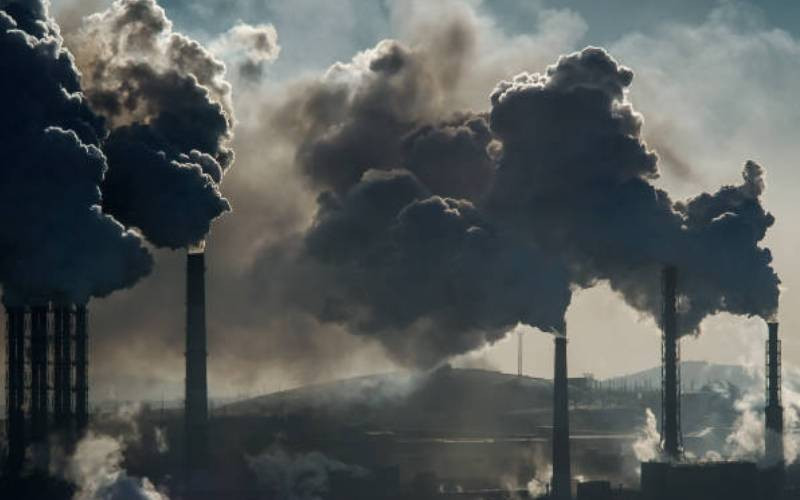×
The Standard e-Paper
Kenya’s Boldest Voice

This week, I went to the countryside and experienced flooding first-hand. It was late evening and a friend offered to drop me home.
Trouble started 10m off the rough road, some 90m from our destination. The car got stuck in the slippery wet black cotton soil, and even the mud bath that Good Samaritans suffered in an effort to help us comfortably get home did not bear fruit.